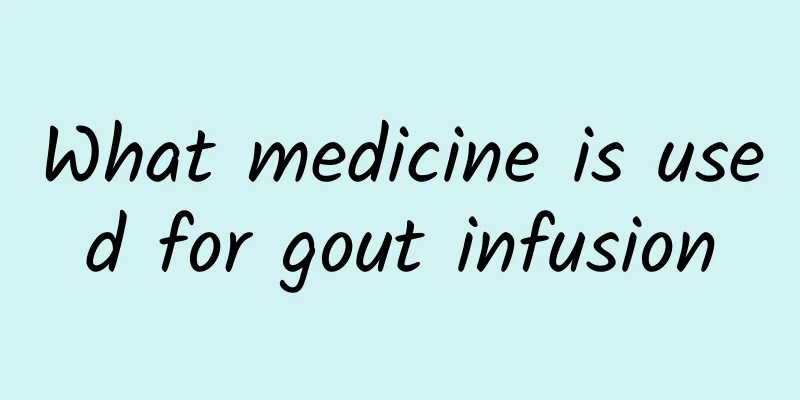What should I do if the bleeding can’t be stopped after tooth extraction?

| Tooth extraction is a common event in life. It has many benefits. It can remove bad teeth and make the oral cavity very healthy. However, teeth cannot be extracted casually, otherwise it will lead to some serious consequences. For example, some people will experience symptoms of continuous bleeding after tooth extraction. So, what should you do if the bleeding cannot be stopped after tooth extraction? Let’s take a look at the explanation below. I hope everyone can understand and take correct measures to prevent excessive bleeding when extracting teeth. 1. Under normal circumstances, bleeding during tooth extraction is normal, but the bleeding will stop on its own after 30 minutes. If you do not pay attention to care after tooth extraction, or if bleeding continues half an hour or an hour after tooth extraction due to some other reasons, you should go to the hospital immediately for hemostasis treatment, which is usually done by compressing and suturing with gelatin sponge. 2. Before seeing a doctor, you can also try this method to see if it can stop the bleeding. That is, bite a piece of cotton and spit it out after two hours. Be careful not to lick the wound at this time, because the blood clot on the wound helps to stop bleeding. If the blood clot is licked off, it will cause more bleeding. If biting cotton still can't stop the bleeding, go to the hospital to see a doctor immediately. The doctor will find out the cause and treat it symptomatically. 3. Generally, there are two types of bleeding after tooth extraction. One is that the bleeding continues after the tooth extraction and has not been stopped. The other is that the bleeding stops after the tooth extraction, but the bleeding occurs again the next day. This is mostly due to foreign objects in the alveolar socket or infection of the tooth extraction wound causing bleeding. For these two types of bleeding, as long as the cause is clear, the doctor will treat it accordingly. Note: Place a sterilized cotton ball on the site where the tooth was extracted, bite hard for about an hour, and then spit out the cotton ball. Take additional hemostatic drugs. Don't eat food that is too hot, use warm water to brush your teeth, and don't brush the area where your teeth are pulled. If bleeding continues after 24 hours, you should go to the hospital. Women should not have their teeth pulled during menstruation or if they have high blood pressure. |
<<: Why does my gums bleed when I floss?
>>: What causes bleeding in tooth cavities?
Recommend
What is the reason for the blue lower eyelid
The blue appearance of the lower eyelid is quite ...
How to treat tonsillitis? Why not drink some cabbage root soup
Ms. Zheng from Wuhan provided: My grandson is 5 y...
How often should I wash my hair for hair loss?
For people who often suffer from hair loss, they ...
What are the side effects of cesarean section?
For women who do not want to have children again,...
Can scars be removed?
Scars generally refer to scars. Although the appe...
What is multiple lymph node metastasis?
Lymph node metastasis is the most common way of t...
What harm do ticks do to the human body
What harm do ticks do to the human body? Ticks ar...
What is the reason for light menstruation and delayed menstruation?
Many women in life will experience irregular mens...
Can Enteritis Ning cure colitis?
Colitis is the most common intestinal disease, an...
Treatment of neurodermatitis
In daily life, we may sometimes find some eczema ...
Can I smoke after having a mole removed?
This is a mole removal, which has nothing to do w...
Acute cerebral infarction
Acute cerebral infarction usually occurs in the e...
What to do if your ears are shaken and your ears are ringing? How to treat tinnitus
I don’t know if you have ever had this experience...
What to do after soy milk poisoning
Drinking soy milk can cause poisoning, which soun...
Symptoms of Colon Cancer
Colon cancer is a relatively common gastrointesti...









